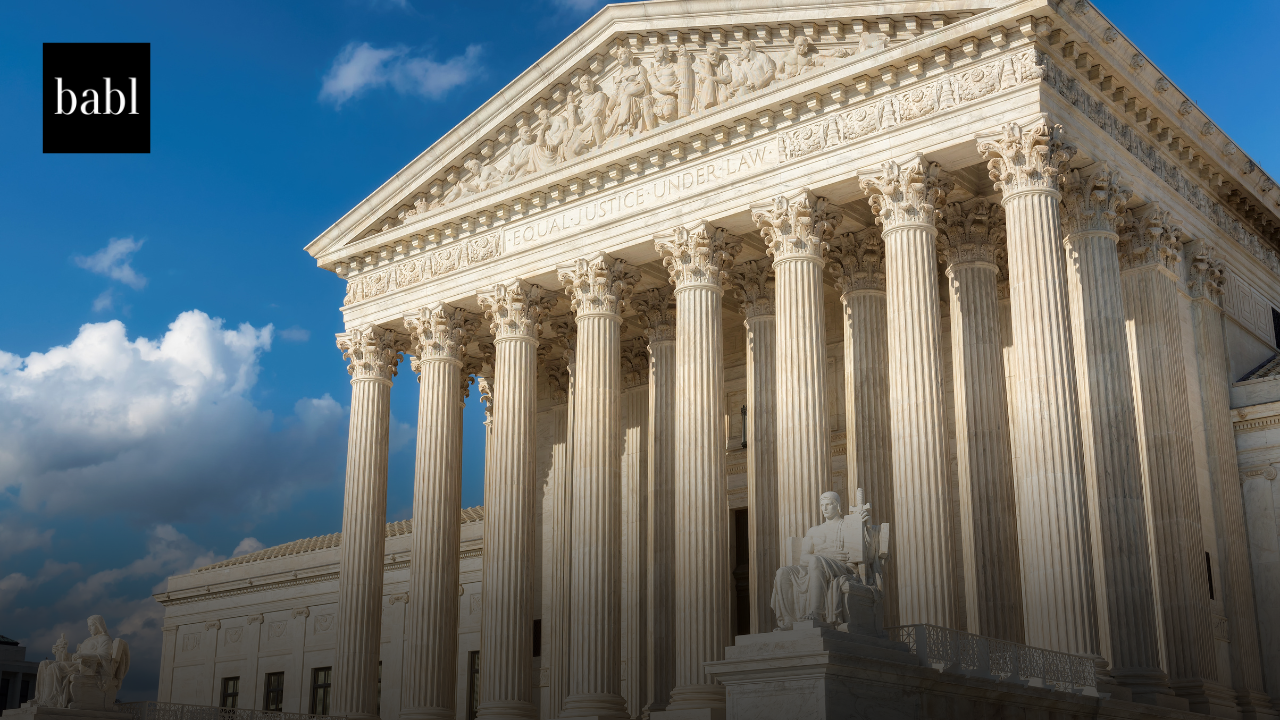UPDATE — SEPTEMBER 2025: After the U.S. Supreme Court upheld the Protecting Americans from Foreign Adversary Controlled Applications Act on January 17, 2025, TikTok’s future hinged on a potential divestiture. Since then, several pivotal events have reshaped the outcome:
-
Trump Executive Order (Sept. 25, 2025): President Donald Trump signed an order approving a framework that allows TikTok to remain in the U.S. under new American-led ownership.
-
Ownership Shift: TikTok’s U.S. operations will move to a joint venture majority-owned by American investors, with ByteDance retaining less than 20 percent.
-
Data & Algorithm Controls: The new entity will oversee TikTok’s algorithms, data storage, and content moderation. All sensitive U.S. user data must be stored on American cloud systems, and recommendation models using U.S. data will be retrained and monitored by U.S. security partners.
-
National Security Safeguards: Ongoing monitoring of TikTok’s code, software updates, and algorithms will be conducted to ensure compliance. DOJ enforcement of the ban is suspended for 120 days while the transaction closes.
-
Supply Chain & Labor Rules: The deal preserves requirements for domestic semiconductor sourcing, high labor standards, and protection against foreign influence.
-
Global Alignment: The U.S. State Department is engaging with allies to promote “trusted AI and digital infrastructure corridors,” echoing broader security goals beyond TikTok.
Completion of the divestiture and a formal CFIUS agreement with U.S. investors. Trump has reserved the right to issue additional orders if needed to secure national security.
ORIGINAL NEWS STORY:
Supreme Court Upholds TikTok Ban Under New U.S. National Security Law
In a pivotal decision, the U.S. Supreme Court has upheld the Protecting Americans from Foreign Adversary Controlled Applications Act, effectively banning TikTok from operating in the United States unless its parent company, ByteDance Ltd., undergoes a divestiture severing ties with the Chinese government. The ruling, issued on January 17, 2025, addressed First Amendment challenges raised by TikTok and a group of American users and content creators.
The Act, enacted in 2024, prohibits entities from providing services to distribute, maintain, or update applications deemed “foreign adversary controlled.” It specifically targets ByteDance Ltd., citing national security concerns over data collection practices and the potential for covert content manipulation by the Chinese government.
In its decision, the Court emphasized the substantial national security threat posed by TikTok’s data collection practices. The platform, which boasts over 170 million U.S. users, collects extensive personal information, including age, location, internet activity, and even behavioral data like keystroke patterns. The government argued that this data could be accessed and exploited by the Chinese government for surveillance, espionage, or influence operations under Chinese laws compelling companies to cooperate with state intelligence.
The Court highlighted Congress’s findings, which linked TikTok’s operations to risks of tracking federal employees, gathering personal data for potential blackmail, and engaging in corporate espionage. These findings formed the basis of the Act’s restrictions, which take effect on January 19, 2025, unless ByteDance completes a “qualified divestiture” that eliminates Chinese control.
TikTok and its users contended that the Act infringes on First Amendment rights, arguing that banning the platform would stifle free expression, association, and access to information. Justice Sotomayor, concurring in part, acknowledged TikTok’s role as a unique medium for speech but emphasized that the First Amendment does not shield foreign-controlled entities from regulations addressing critical national security threats.
The Court applied intermediate scrutiny, concluding that the Act is narrowly tailored to achieve the government’s compelling interest in safeguarding national security. Unlike an outright ban, the law permits TikTok to continue operating if ByteDance divests its U.S. operations, ensuring compliance with stringent data protection measures.
The ruling underscores the U.S. government’s growing focus on regulating foreign technology firms to mitigate security risks. It also highlights the tension between safeguarding civil liberties and addressing emerging threats in an increasingly digital and interconnected world.
While proponents of the Act argue that it sets a necessary precedent for protecting Americans from foreign influence, critics warn of potential overreach and unintended consequences for innovation and free speech.
While the Biden administration secured the ruling, it has deferred enforcement of the law to President-elect Donald Trump, who has signaled openness to negotiating a deal that could preserve the platform’s availability under new ownership.
President Trump’s remarks following the ruling underscore his pivotal role in determining TikTok’s fate, as he expressed a willingness to engage with Chinese President Xi Jinping and explore executive action to delay or override the ban. Meanwhile, TikTok has garnered bipartisan support in Congress, with Senate Minority Leader Chuck Schumer calling for a postponement of the deadline. The platform’s uncertain future has also drawn interest from potential buyers, including billionaire Frank McCourt’s Project Liberty.
Need Help?
If you have questions or concerns about any global guidelines, regulations and laws, don’t hesitate to reach out to BABL AI. Their Audit Experts can offer valuable insight, and ensure you’re informed and compliant.





